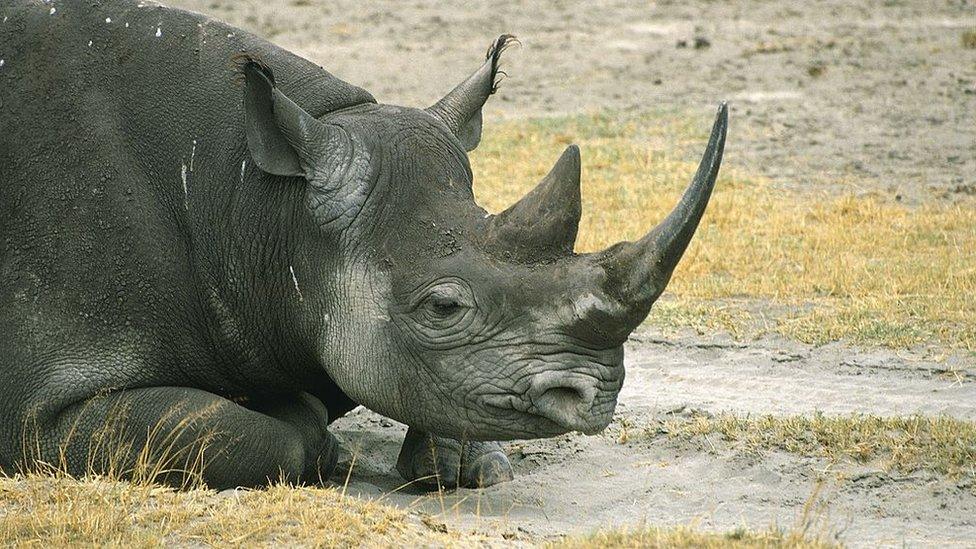Wildlife conservation: COP15 countries promise cash to protect biodiversity
- Published
- comments
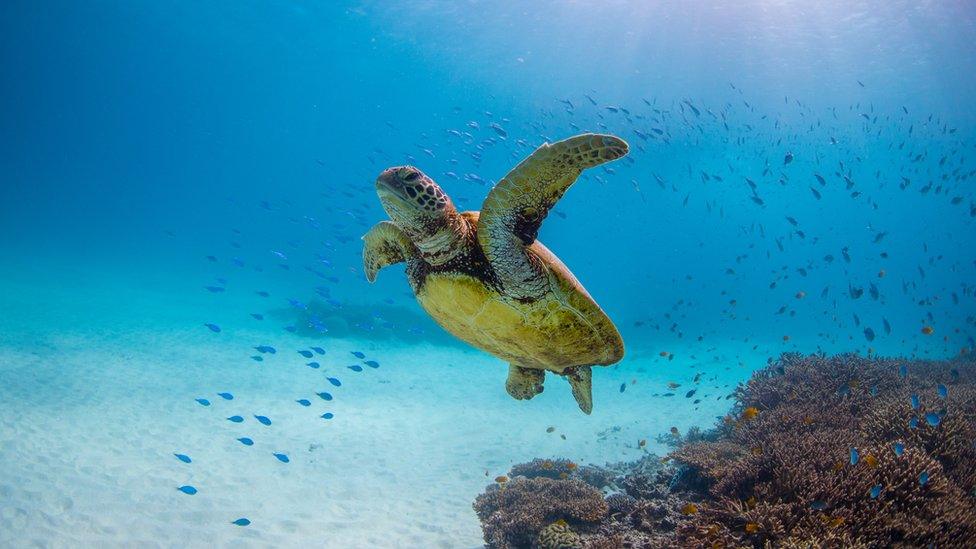
Countries around the world, including the UK, have promised to give more money to help restore nature at the COP15 UN biodiversity summit in Montreal, Canada..
The announcements came on the first day of high-level talks by ministers from different countries, as they try to agree a new deal to stop and reverse damage to nature by 2030.
The hope is that an agreement can be reached on protecting a third of the planet for nature, although experts say it won't be easy.
One major concern has been how to help poorer countries to also reach the proposed target to conserve 30% of the world's land and seas.
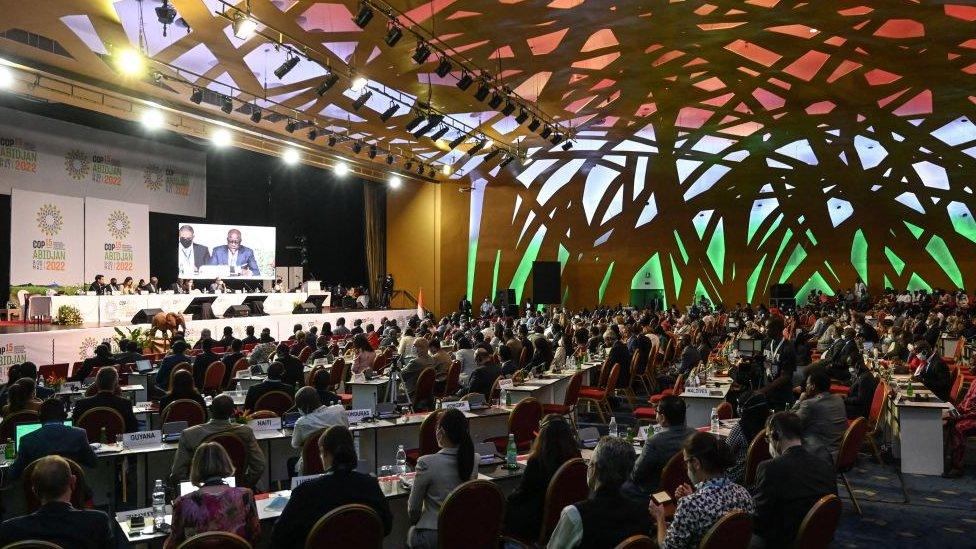
The conference, which runs from 7 December to the 19 December, brings together representatives from the 196 countries.
Disagreements over finance had slowed down the talks which have been going on for almost two weeks, with some counties even walking out on Wednesday in protest at the lack of progress on how to fill a multi-billion dollar funding gap.
The summit is taking place nearly three years later than originally planned, due to delays caused by the Covid pandemic with these delays leaving the world without targets - designed to stop animal extinctions and reverse a global loss of nature.
Also some conservationist have said the target of conserving 30% of the world's land and seas by 2030 is "unrealistic" and to achieve this, 80 years is more likely instead of just eight.
Biodiversity refers to all living things, from polar bears to plankton, and the way they fit together in an web of life, supplying food, clean air and water.
What has been agreed so far?
On Thursday, a number of countries, including Spain, the Netherlands, France and Canada, put forward plans to increase the amount of funding for conservation efforts across the world, particularly in the most vulnerable countries.
The UK Government has pledged £34 million, with up to £29 million to help developing countries with their conservation efforts.
It is hoped that charities and international banks will also give money.
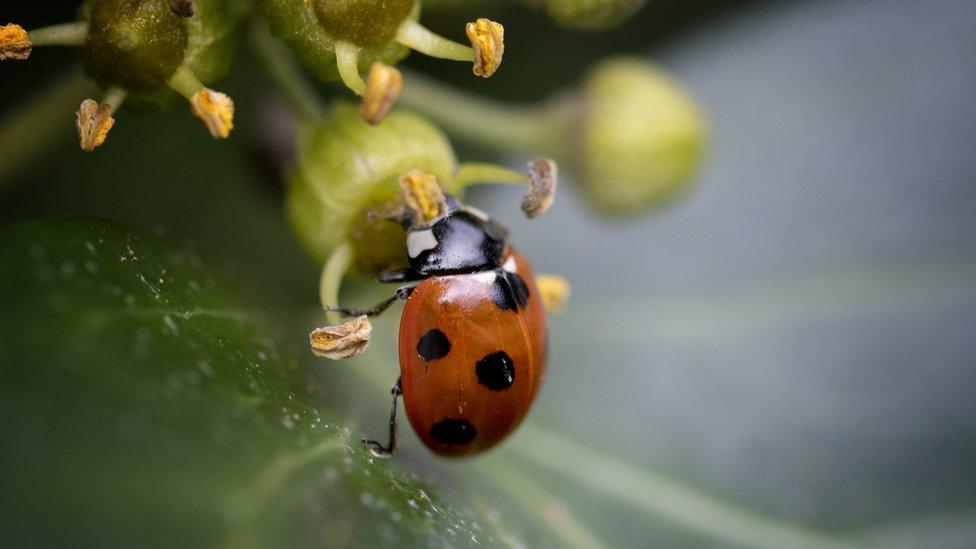
It's hoped that these new commitments could help bring a breakthrough in negotiations.
Meanwhile, the UK government is is also announcing £5.79 million of new funding for wildlife conservation projects in UK Overseas Territories.
These include using satellite technology to monitor seabird populations in South Georgia and measuring the impact of humpback whales on krill populations around the South Atlantic islands.
Funding will also support reintroducing Cobb's wrens and Tussac-birds, as well as threatened plants such as Falkland Rock Cress, to the Falkland Islands wildlife reserves and help endangered sea turtles on the Cayman Islands in the Caribbean.
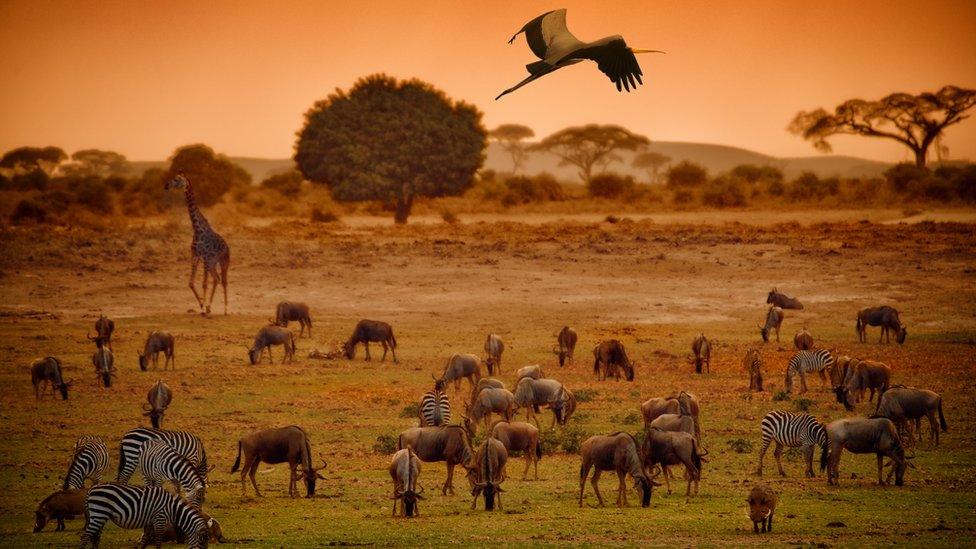
Hotspots of biodiversity are concentrated in the global south
At Cop15 countries can put nature back on the road to recovery with a strong global biodiversity framework that includes a commitment to see at least 30% of the world's land and ocean protected by 2030.
Claire Blanchard, head of global advocacy at WWF International said the new announcements were a good signal of that politicians wanted to take action in Montreal.
She said:"This political will must now be translated into concrete agreements and convergence in the negotiation room over the next couple of days, to rescue a desperately needed deal for nature to save our life support systems."
- Published8 December 2022
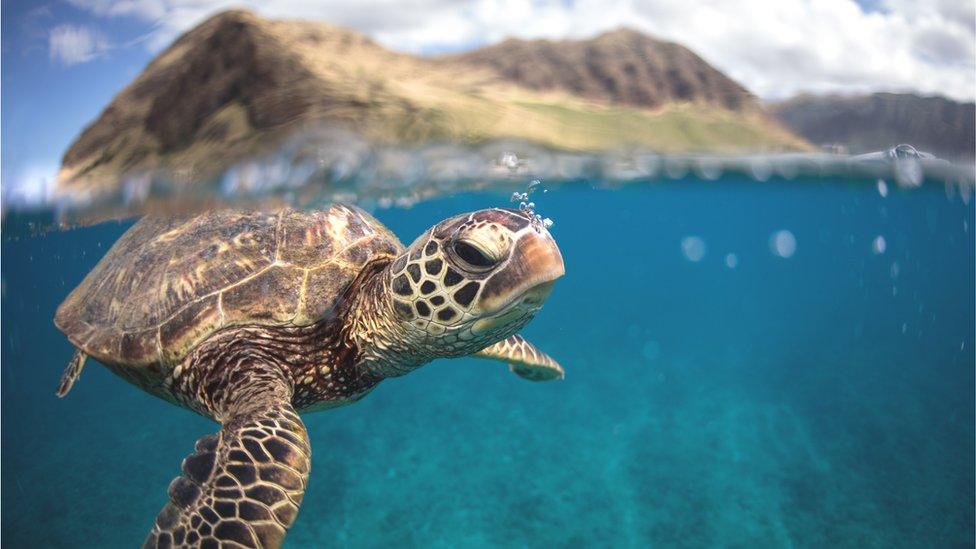
- Published9 June 2022
